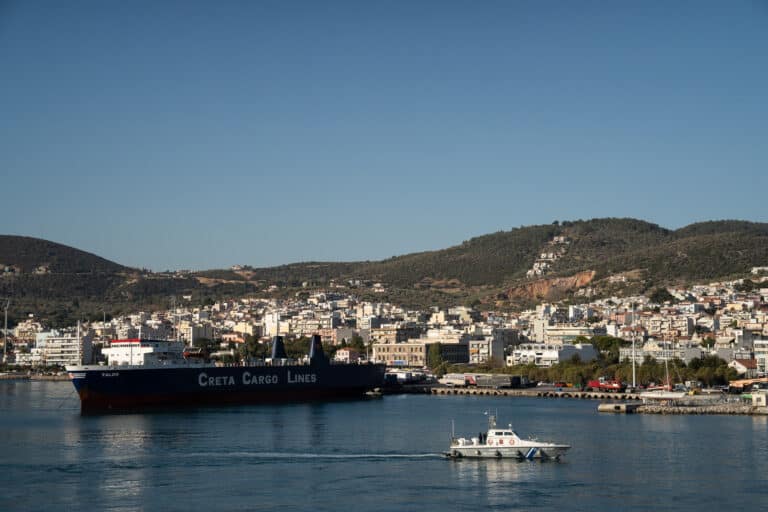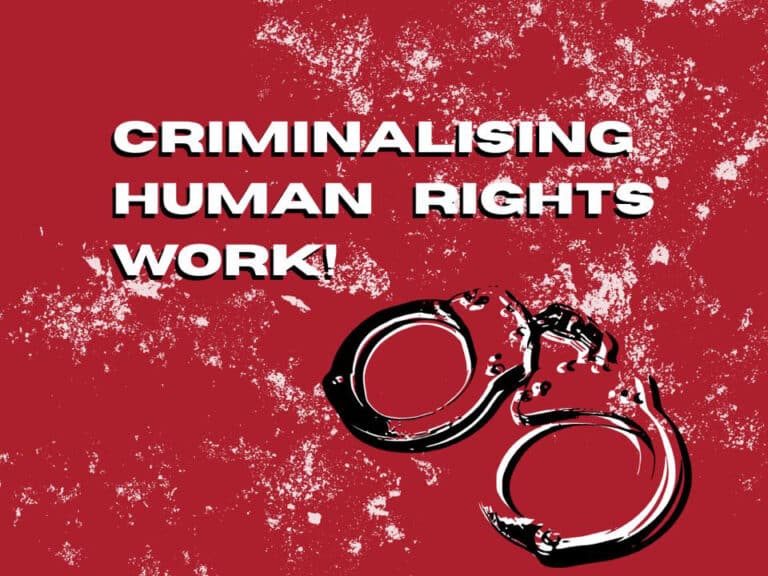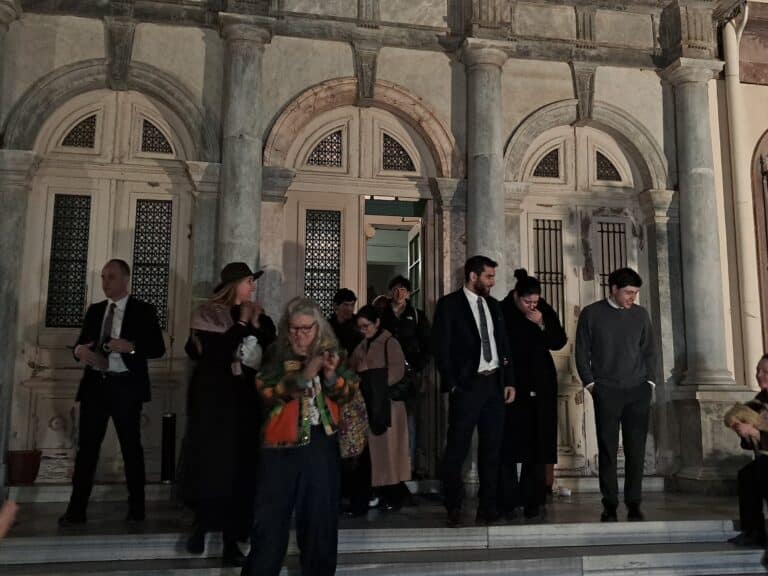CPTnet
10 May 2011
HEBRON/AL-KHALIL:
The day after Bin Laden died
by Kathleen Kern
I was in Hebron
on September 11, 2001. I remember old
men approaching me on the street,
eyes full of tears, telling me that God would help me and my fellow
citizens. Other Palestinian friends
called us, sobbing, as they described
what they were watching on TV. The
catastrophe happened at the
end of a summer of egregious Israeli settler violence on the street, and
we knew we had to prepare ourselves for the worldwide racist backlash
against Arabs and Muslims. I think both
of these factors and my
grief for the victims contributed to a sense that my head and heart were
creating a reaction I had not felt before, and for which I had no name.
Almost ten years later, I felt something
similar when I entered our main apartment at
6:30a.m. on May 2, and one of my team members told me that he had been
listening to President Obama’s speech on the killing of Osama
Bin Laden. The reactions of people on
the street sort of flowed over
me, and I examined them with interest, and with that nameless feeling.
Two of my
colleagues walking back from monitoring a checkpoint that morning heard an
Israeli settler telling a soldier, “It’s great that Bin Laden
was killed; CPTers should be next.”
A friendly Israeli border
policeman at the mosque checkpoint, who assumed we would be celebrating,
told another CPTer and me, “Saddam Hussein is gone; Bin Laden is
gone. When we kill Nasrallah [the
Secretary General of Hezbollah],
Israel and the U.S. will have peace.”
I told him, “There will
be others to take their places.”
“Then we will kill them
too!” he said cheerfully.
I asked a Hebronite friend what most
Palestinians in Hebron were saying about Bin Laden’s
death. Most, he said, do not care. A small minority were
upset about the killing. A much larger
minority, himself included, thought
Bin Laden deserved his fate. The Quran forbids the killing of
civilians, he said, and it has an absolute prohibition on Muslims killing
other Muslims. Bin Laden was responsible
for the deaths of thousands of
Muslims in the U.S., Lebanon, Iraq, Afghanistan and Jordan. “I just wish it had been a Muslim who
killed him,” he said.
For years, a Martin Luther King quotation has
been taped on the wall of our apartment in
Hebron. Although I am still waiting to
understand my feelings, the
poster brings me some comfort.
The ultimate
weakness of violence is that it is a descending spiral, begetting the
very thing it seeks to destroy. Instead
of diminishing evil, it
multiplies it. Through violence you may
murder the liar, but you cannot murder
the lie nor establish truth. Through
violence, you murder the hater,
but you do not murder hate. In fact,
violence merely increases
hate. Returning violence for violence multiplies
violence, adding deeper
darkness to a night already devoid of stars.
Darkness cannot drive out
darkness; only light can do that. Hate cannot drive out hate; only love
can do that.



